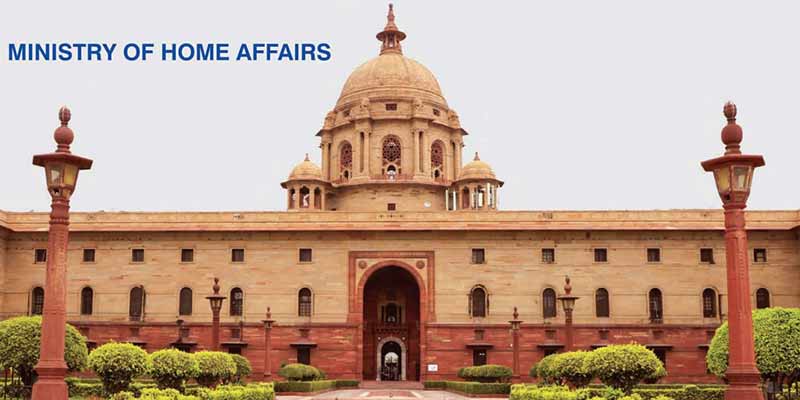- India
- Nov 14
What is the Unlawful Activities (Prevention) Act?
• The ministry of home affairs extended a ban on nine Meitei extremist groups and associate organisations, which mostly operate in Manipur, by five years, under the Unlawful Activities (Prevention) Act, 1967.
• Manipur has seen bouts of violence since ethnic clashes first erupted in May this year.
• More than 180 people have been killed and several hundred injured since ethnic violence broke out in Manipur on May 3, when a ‘Tribal Solidarity March’ was organised in the hill districts to protest against the majority Meitei community’s demand for Scheduled Tribe status.
• The clashes have occurred over a number of grievances that ethnic Meitei and Kuki communities have against each other.
• Meiteis account for about 53 per cent of Manipur’s population and live mostly in the Imphal Valley, while tribals, which include Nagas and Kukis, constitute 40 per cent and reside mainly in the hill districts.
Which all groups have been banned?
• The groups that have been banned by the ministry for five years are: the People’s Liberation Army generally known as PLA, and its political wing Revolutionary Peoples’ Front (RPF), the United National Liberation Front (UNLF) and its armed wing Manipur Peoples’ Army (MPA).
• The Peoples’ Revolutionary Party of Kangleipak (PREPAK), the Kangleipak Communist Party (KCP), the Kanglei Yaol Kanba Lup (KYKL), the Coordination Committee (CorCom) and the Alliance for Socialist Unity Kangleipak (ASUK) have also been banned.
• These extremist organisations have declared, as their professed aim, the establishment of an independent nation by the secession of Manipur from India through armed struggle and to incite indigenous people of Manipur for such secession.
• All these Meitei extremist groups were banned by the MHA in November 2018 under the Unlawful Activities (Prevention) Act, 1967.
What are the reasons for the ban?
The central government is of the opinion that these extremist organisations have been:
• Engaging in activities prejudicial to the sovereignty and integrity of India.
• Employing and engaging in armed means to achieve their secessionist objective.
• Attacking and killing the security forces, the police and civilians in Manipur.
• Indulging in acts of intimidation, extortion and looting of the civilian population for collection of funds for their organisations.
• Making contacts with sources abroad to influence public opinion and for securing their assistance by way of arms and training for the purpose of achieving their secessionist objective.
• Maintaining camps in neighbouring countries for sanctuaries, training and clandestine procurement of arms and ammunition.
• The activities of the Meitei extremist organisations are considered detrimental to the sovereignty and integrity of India and they are unlawful associations.
• The MHA said if there is no immediate curb and control of the Meitei extremist organisations they will take the opportunity to mobilise their cadres for escalating their secessionist, subversive, terrorist and violent activities.
• The groups will propagate anti-national activities in collusion with forces inimical to the sovereignty and integrity of India, indulge in killings of civilians and targeting of the police and security force personnel, procure and induct illegal arms and ammunition from across the international border and extort and collect huge funds from public for their unlawful activities.
What is the Unlawful Activities (Prevention) Act?
• Unlawful Activities (Prevention) Act is an anti-terror law aimed at the effective prevention of unlawful activities of individuals and associations in India. Its main objective is to make powers available for dealing with activities directed against the integrity and sovereignty of India.
• It was passed in 1967 under the Congress government led by PM Indira Gandhi. Later, amendments were brought in under the UPA governments in 2004, 2008 and 2013.
• In August 2019, the President gave approval to The Unlawful Activities (Prevention) Amendment Act, 2019.
• The amended Act included provision of designating an individual as a terrorist. Prior to this amendment, only organisations could be designated as terrorist organisations.
• The amendment gave powers to the director general of the National Investigation Agency (NIA) to attach properties acquired from proceeds of terrorism. Earlier, the law required that the NIA take prior permission from the respective state police chief to attach the proceeds of terrorism.
• Also, the International Convention for Suppression of Acts of Nuclear Terrorism (2005) has been added in the Second Schedule through the amendment.
Manorama Yearbook app is now available on Google Play Store and iOS App Store

